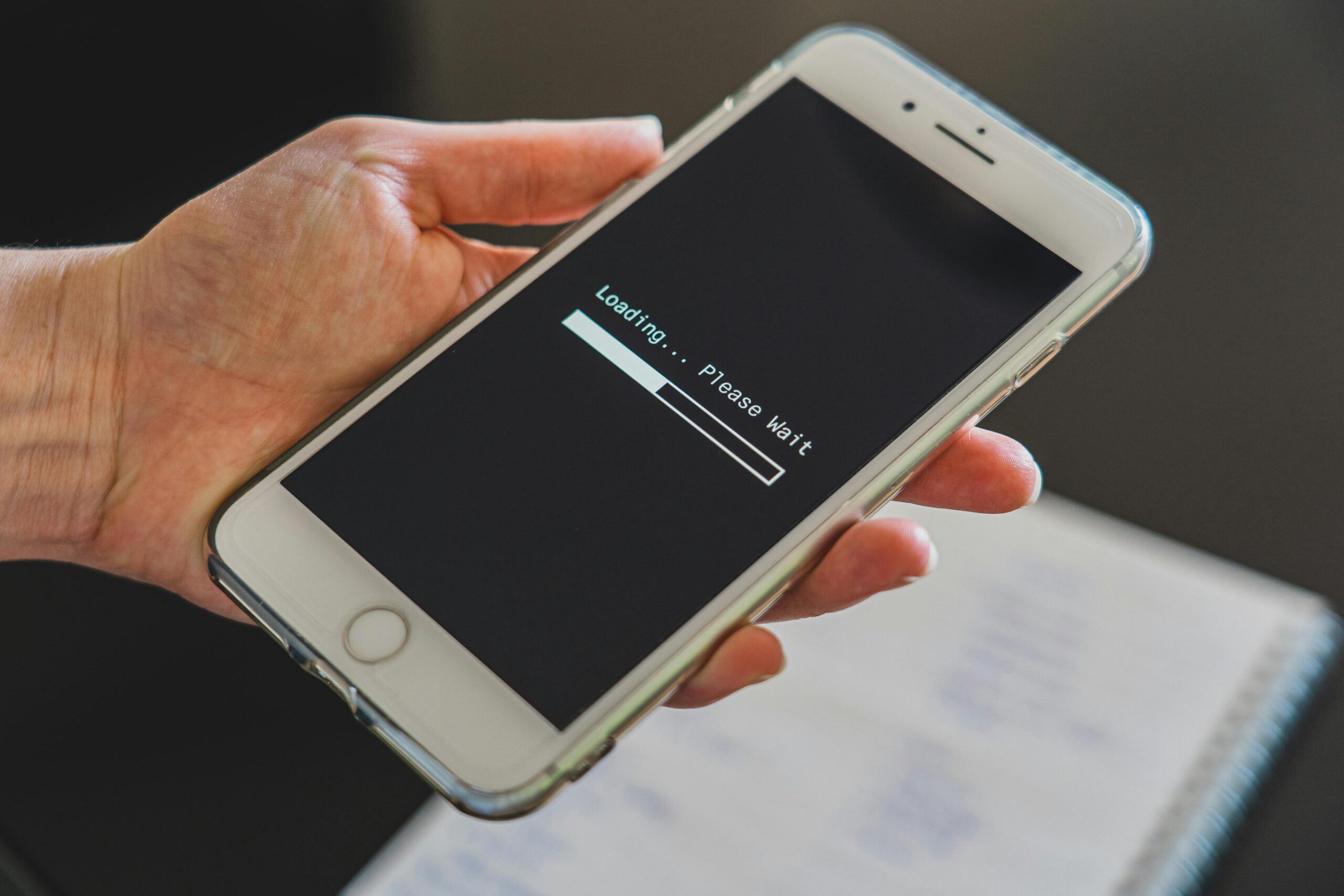Today, Alberta’s Minister of Education, Demetrios Nicolaides, addressed the pressing issue of personal mobile device usage in schools, emphasizing the need to mitigate distractions and enhance student mental health and academic performance. The announcement, held at the McDougall Center in Calgary, introduced a new policy aimed at curbing the use of cell phones and social media during class time, set to take effect in the 2024-2025 school year.
Minister Nicolaides noted that while cell phones serve as valuable tools for research, communication, and scheduling, they also pose significant risks as distractions in educational settings. Citing multiple studies, Nicolaides highlighted the adverse impacts of mobile device use on students’ academic performance and mental health.
A 2023 study in the Journal of Applied Cognitive Psychology reported that students allowed to use cell phones during class experienced higher distraction levels and poorer test performance than those who did not use them. Additionally, a 2017 study linked minimal social media use in school, facilitated by smartphones, to increased risks of depression and suicide. Further research from 2016 indicated a correlation between smartphone use in schools and reduced educational success, while a separate study found that heavy social media use increased depression risk among eighth graders by 27%.
“The risks to student mental well-being and academic success are real, and we must take steps now to combat these effects,” Nicolaides asserted.
Over the past few months, Nicolaides engaged with parents, teachers, and educational partners to gauge opinions on the issue. This consultation included a survey with over 68,000 responses, marking it as the highest-responded survey in Alberta’s educational history. The survey revealed significant concerns about cell phone use in classrooms, with 90% of respondents expressing general unease, and 85% believing that cell phones negatively impact student achievement. Additionally, 81% noted an increase in bullying incidents due to cell phone use, and 60% of parents reported that cell phones adversely affected their child’s mental health.
Given these findings, the new policy will prohibit the use of personal mobile devices during class time starting in the 2024-2025 school year. This restriction includes not only cell phones but also smartphones, smartwatches, headphones, and other personal electronic devices. Access to social media sites within schools will also be restricted.
Under the new rules, all personal devices must be turned off and stored out of sight during class time, whether in backpacks, lockers, or designated areas as determined by individual schools. Exceptions will be made for medical or health reasons, special learning needs, or if directed by a teacher. School boards will have the flexibility to implement additional restrictions and determine enforcement measures and consequences for non-compliance. They are required to notify parents if their child violates the new rules.
Minister Nicolaides expressed confidence that these restrictions would reduce distractions, maximize learning time, support student mental health, and reduce opportunities for cyberbullying. “These rules will apply to all public, separate, Francophone, public charter, and independent school authorities,” he said.
The announcement included remarks from developmental psychologist Mike Boyce of the University of Calgary, who supported the initiative. Boyce emphasized the negative impact of smartphones on students’ focus, critical thinking, problem-solving, and self-efficacy. He also noted that the distractions caused by smartphones in educational settings exacerbate the performance gap between low and high-functioning students.
As the current school year concludes, Nicolaides acknowledged that parents and students might have questions about the upcoming changes. He assured that the Ministry of Education would work closely with school authorities over the next few months to support the implementation of the new rules. He encouraged parents to stay informed through their local school authorities.
In response to media inquiries, Nicolaides provided additional details on the survey and reiterated the importance of balancing technology use in education. While recognizing the ubiquity of technology in daily life, he emphasized the need to ensure that students focus on their studies during instructional time.
“The ban relates to class time, so during breaks, students will have the ability to use their devices,” Nicolaides explained. “We need to set them up for success, and smartphone use is here to stay. We have to prepare them responsibly for its use in the real world.”
As Alberta moves forward with these new policies, the province aims to create a more conducive learning environment that prioritizes student well-being and academic success.

